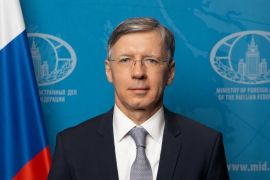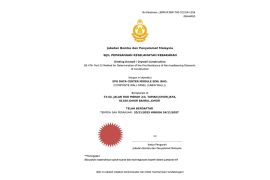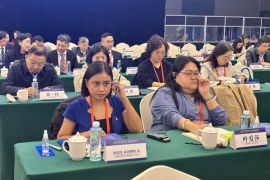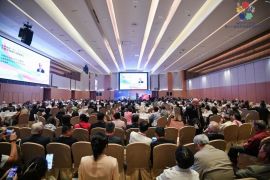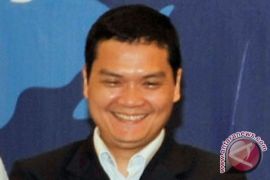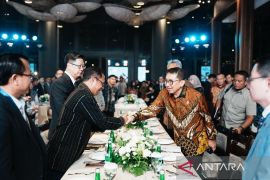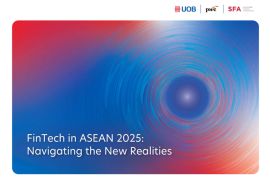"It is possible for women to contribute to any sector. However, we haven`t been given the same chances as men in the region. This is more of a cultural problem in the society rather than an economic one," she pointed out.
She cited the example of Myanmar, where women contribute significantly to the economy, but much less to the political sector. She acknowledged the presence of discrimination in the political sector, but added that women are often unaware of it. "In the parliament, for example, there are far fewer women than men," she observed.
Suu Kyi also mentioned some ways to tackle the cultural problem of women`s empowerment in ASEAN regions, namely, to encourage women to assume leadership roles in political parties and to provide incentives to families that keep their girls in school.
Meanwhile, Helene D. Gayle, President and Chief Executive Officer of the United States-based NGO CARE, cited numerous studies showing that empowering women can have a multiplier effect on the community - in terms of improved health, higher literacy rates and a reduction in extreme poverty - to a greater extent than can be achieved through other development initiatives.(*)
Editor: Aditia Maruli Radja
Copyright © ANTARA 2012
